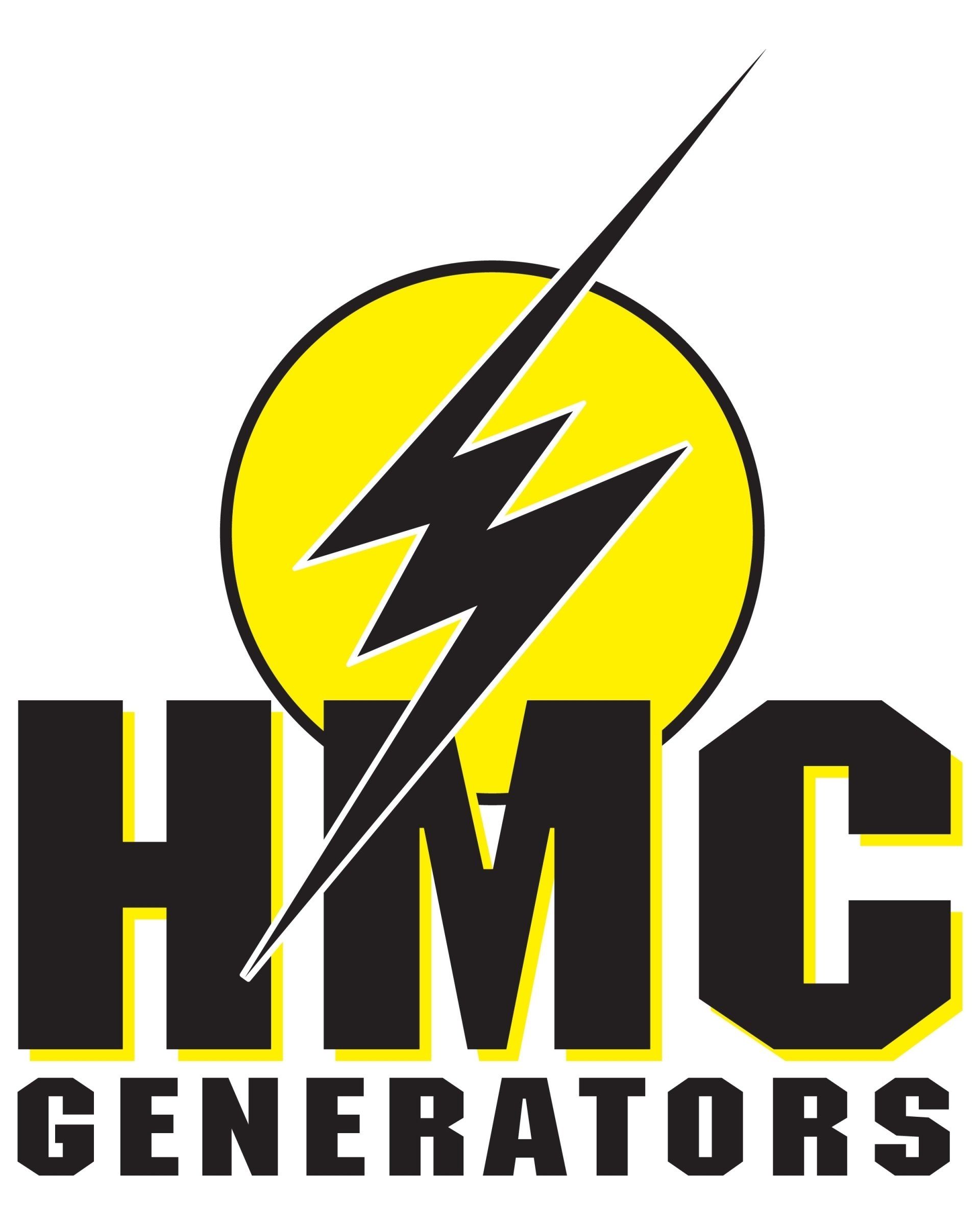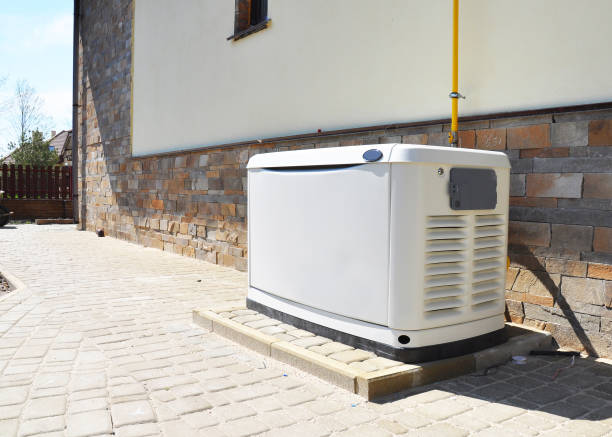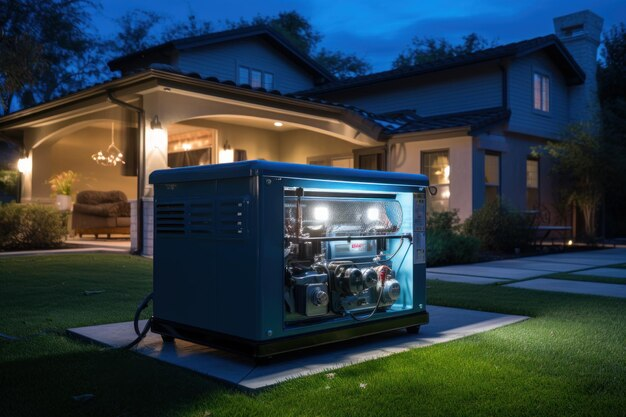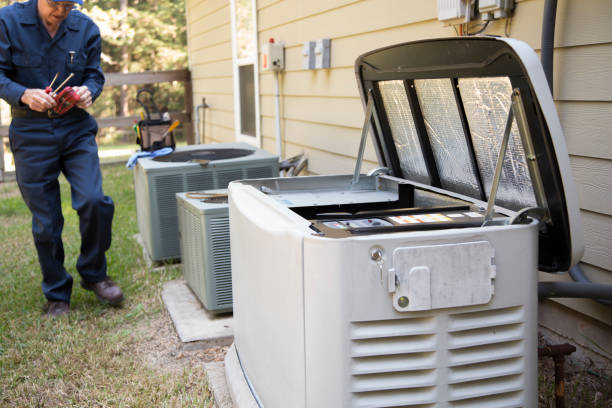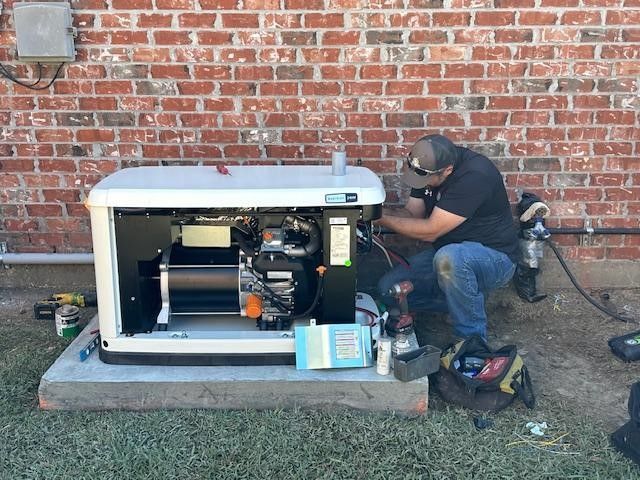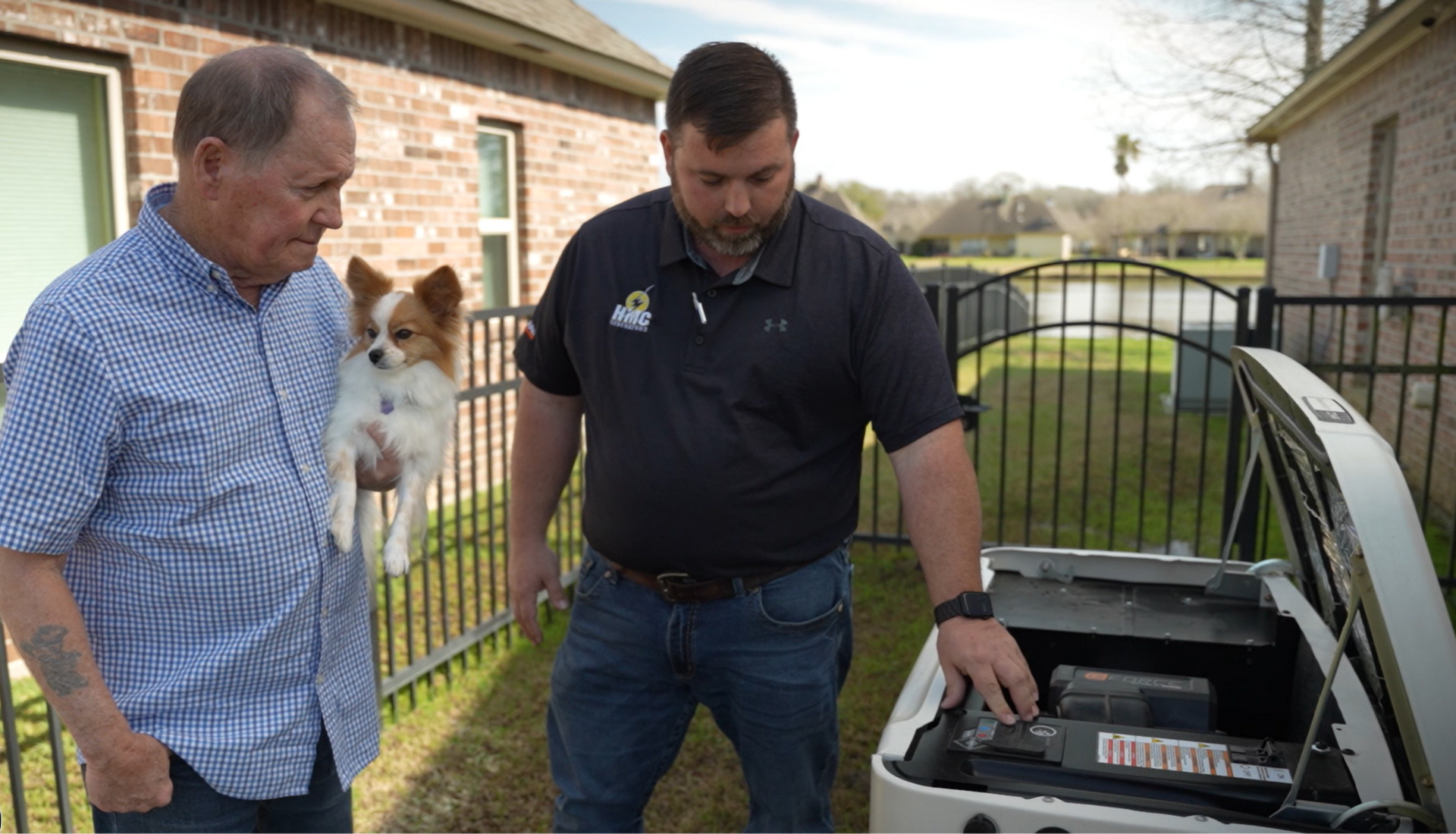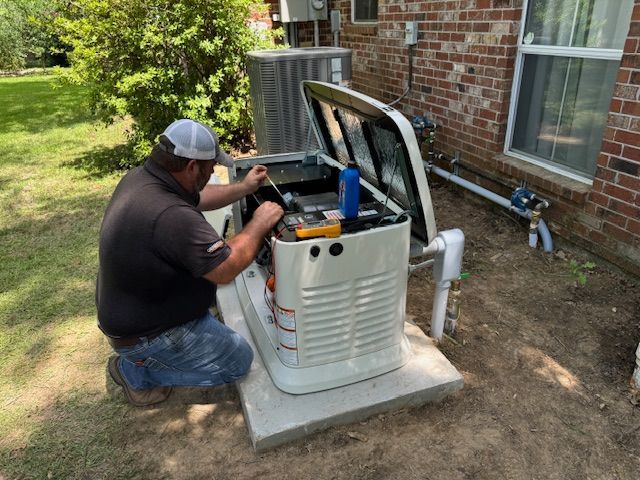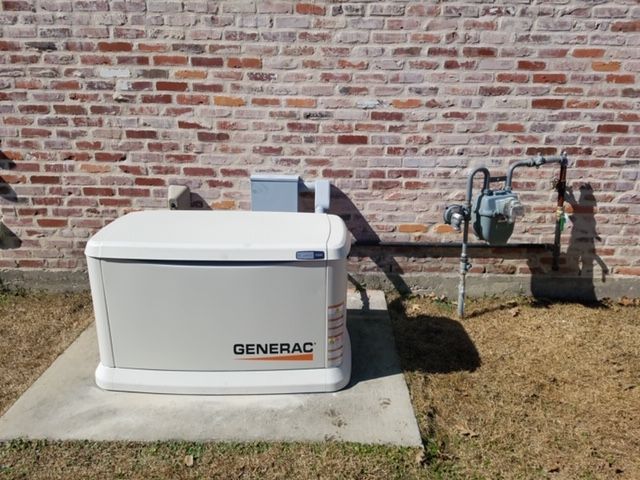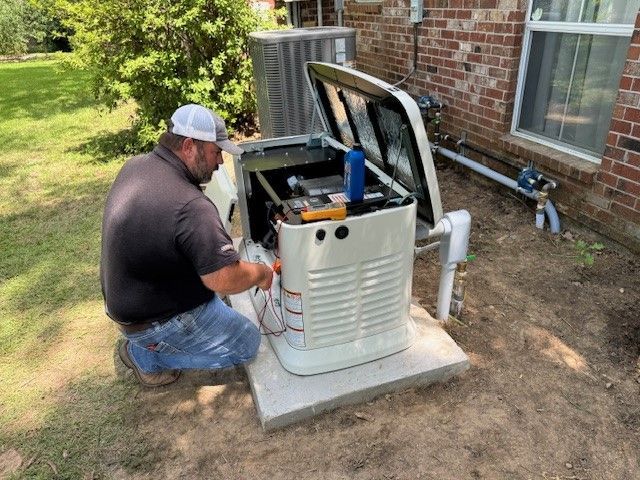Be Hurricane-Ready: How to Prepare Your Generator for Inclement Weather
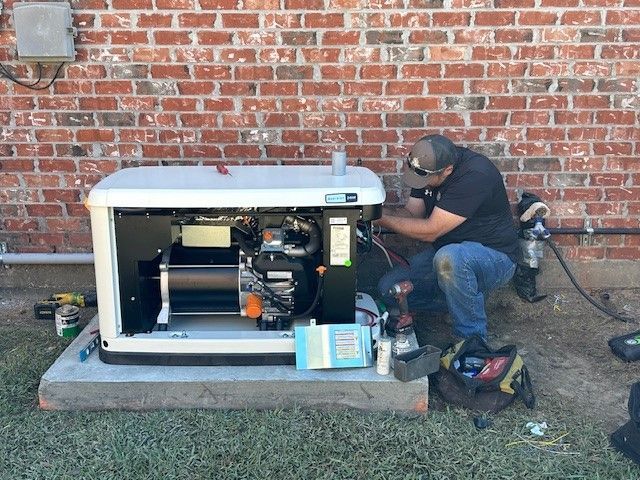
Ensuring your in-house generator is in optimal condition for tropical storms is crucial, as power disruptions could occur. However, doing so can be challenging without proper prep knowledge. To simplify it, here are helpful tips for preparing your generator for hurricanes.
List of Services
-
Physical ConditionList Item 1
Inspect your generator for signs of wear and tear or damage. You must have corroded and impaired components repaired or replaced. Screw bolts tightly and secure loose or frayed fuel and electrical lines. Also, clear out dust, dirt, and debris from the air filters. If they accumulate, your unit could suffer clogs or overheating.
-
Space and VentilationList Item 2
Home standby generators require ample airflow to work optimally. So, ensure your unit is located in a well-ventilated area and is at least three feet away from walls and combustible materials.
-
Oil and FuelList Item 3
Drain your generator’s old oil and fuel and fill it with new, clean ones to the proper level for smooth engine operation. Check the condition of your oil and fuel filters and change them if necessary. Keep extra oil and filters on hand, in case roadways are impassable.
-
Spark Plug
Remove the spark plug and inspect it for damage or carbon buildup. If it's impaired or dirty, change it immediately, as it is critical to the ignition process.
-
Batteries
Ensure the battery terminal is free of rust and your battery still works. Functional batteries generally last up to two years. If yours is several years old, test it to see if it can hold a charge or needs replacing.
-
Unit Status
Check your generator’s indicator light. If it’s green, your unit is in good condition and ready for outages. If it’s red, your unit is offline and likely has issues that require professional repair.
Other General Tips
Preparing proactively and having a comprehensive emergency plan is essential for your safety and security during inclement weather. Here are additional things to do beforehand:
List of Services
-
Water and FoodList Item 1
Stockpile days’ worth of food and water before grocery stores and pet food shops close. You can also get frozen goods, as your in-house generator can supply your fridge’s power during an outage.
-
First Aid KitList Item 2
Prepare a first aid kit with bandages, antiseptics, and medication for sudden injuries and medical issues.
-
Fire ExtinguisherList Item 3
Have a fire extinguisher at home and ensure all family members know how to use it. Check its expiration date to see if it needs replacing.
-
Important Papers
Locate and store documents like IDs, insurance papers, and medical and financial records in a waterproof case or digital format to prevent water damage and ensure easy access when needed.
Have Reliable Power With HMC Generators
With these tips, you can better prepare your household and in-house generator for hurricane season. For more insights and assistance,
contact our technicians in Greater Baton Rouge. You can trust us for comprehensive generator maintenance and repair.
